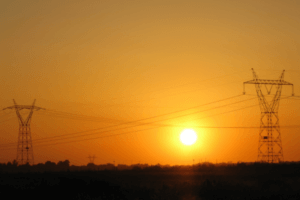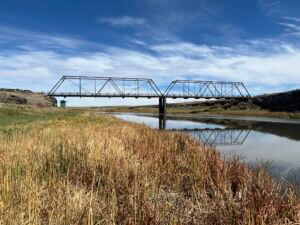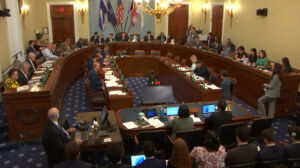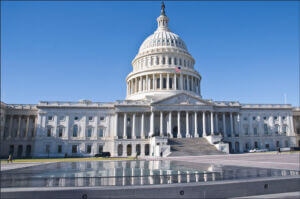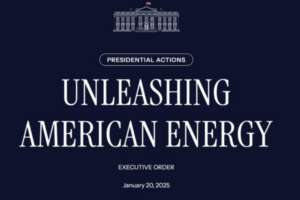Source Rock Blog
Federal energy revenues are an important funding stream for community services like education, health services, first responders, infrastructure and more.
Read MoreAre we facing an energy emergency? The answer may depend on your income, health risks, or even your age.
Read MoreSource Rock Blog Outdoor Receation Made Possible by Industry Support September 31, 2025 Thanks to partners in the oil and natural gas industry, new opportunities for outdoor recreation on public lands opened last week in southern Colorado at the Lobatos Bridge Recreation and Outdoor Education Facility along the Rio Grande River. The site has been…
Read MoreThe House Natural Resources Committee approved its portion of the congressional budget reconciliation this week, even picking up bipartisan support.
Read MoreFlashback to August 2020 when President Trump signed into law the most significant conservation bill since the Beatles played on The Ed Sullivan Show in 1964. The Great American Outdoors Act (GAOA) was a major achievement, and during National Park Week it’s worth acknowledging the win for public lands.
Read MoreWith Congress returning from Spring Recess, it’s a good time to evaluate lawmakers’ efforts to advance permitting reforms aimed at unleashing American energy.
Read MoreAmerica’s AI boom faces a looming obstacle: electricity generation. Natural gas, is the logical source for supplying reliable, around-the-clock power that will be needed to meet AI’s demands.
Read MoreWe’re pleased both the House and Senate are focused on energy policies in the budget reconciliation process. As the legislative process continues to take shape, it’s important that energy remains atop the priority list and fulfills the promise of a “big, beautiful bill.”
Read MoreAfter reviewing President Trump’s energy Executive Orders issued on Inauguration Day, it’s clear that energy is a major policy priority.
Read MoreReality has already started to creep into the energy transition: Renewables aren’t sufficient to power a globally competitive Artificial Intelligence industry in the United States. Natural gas is needed.
Read More

